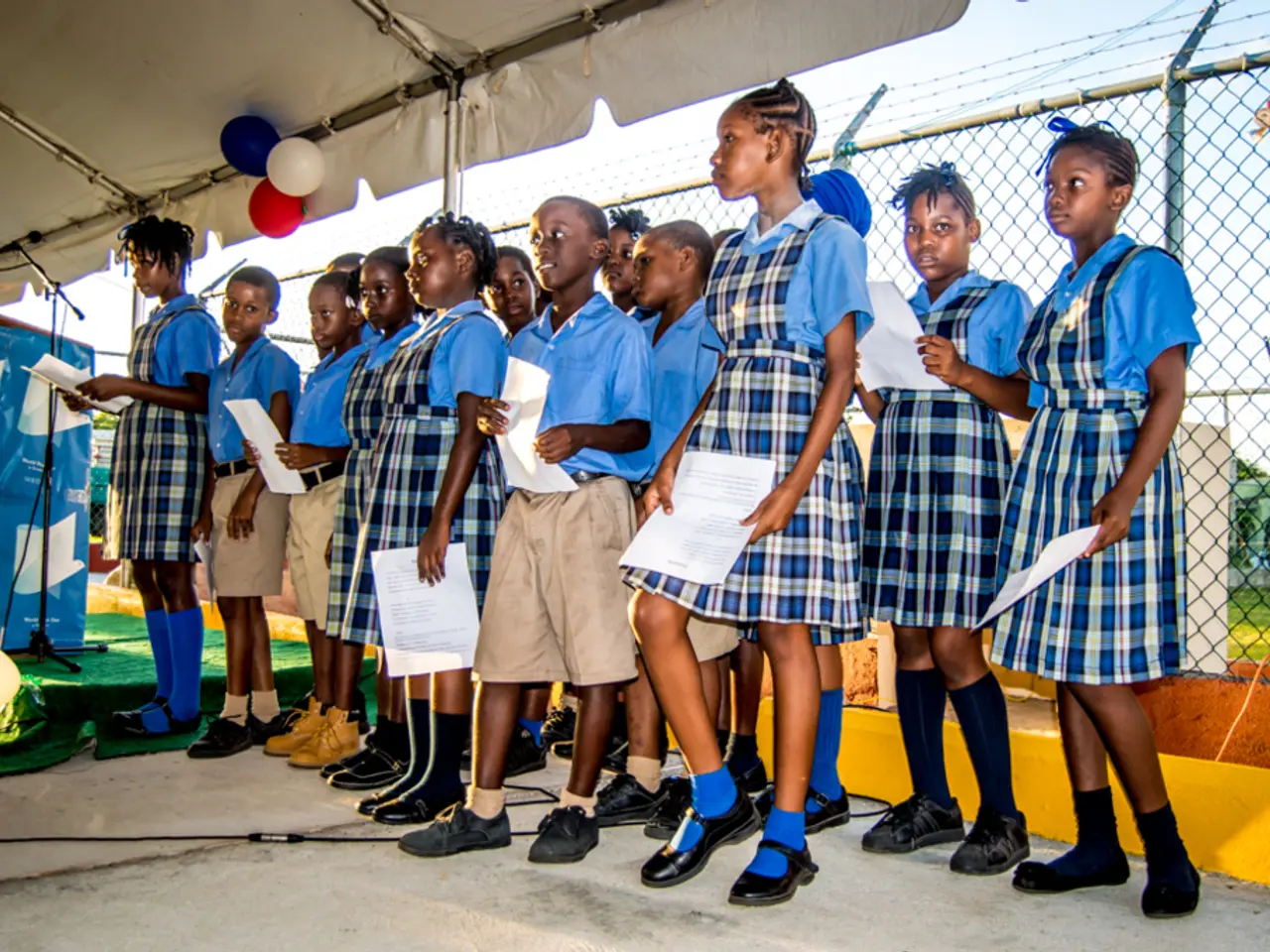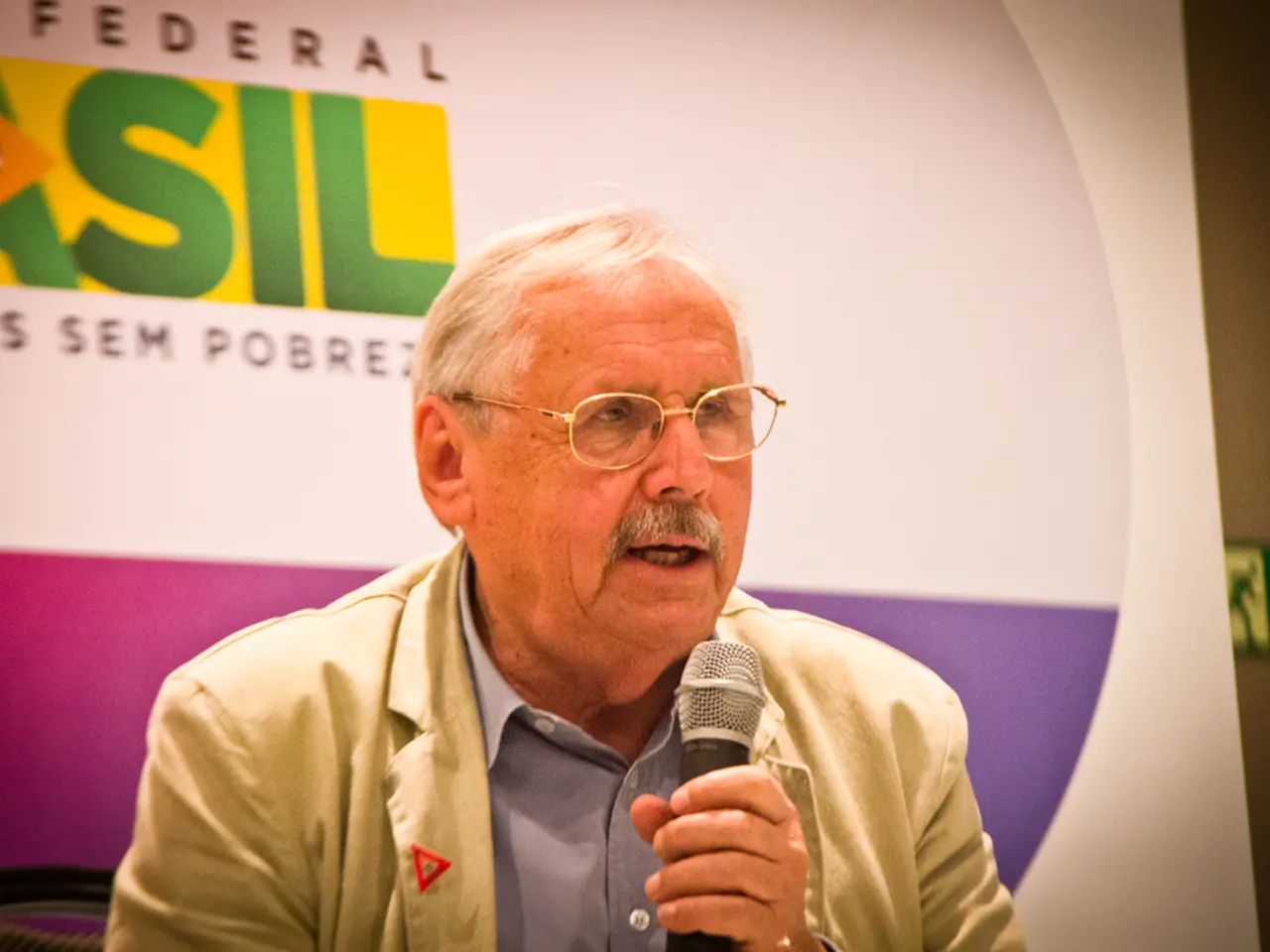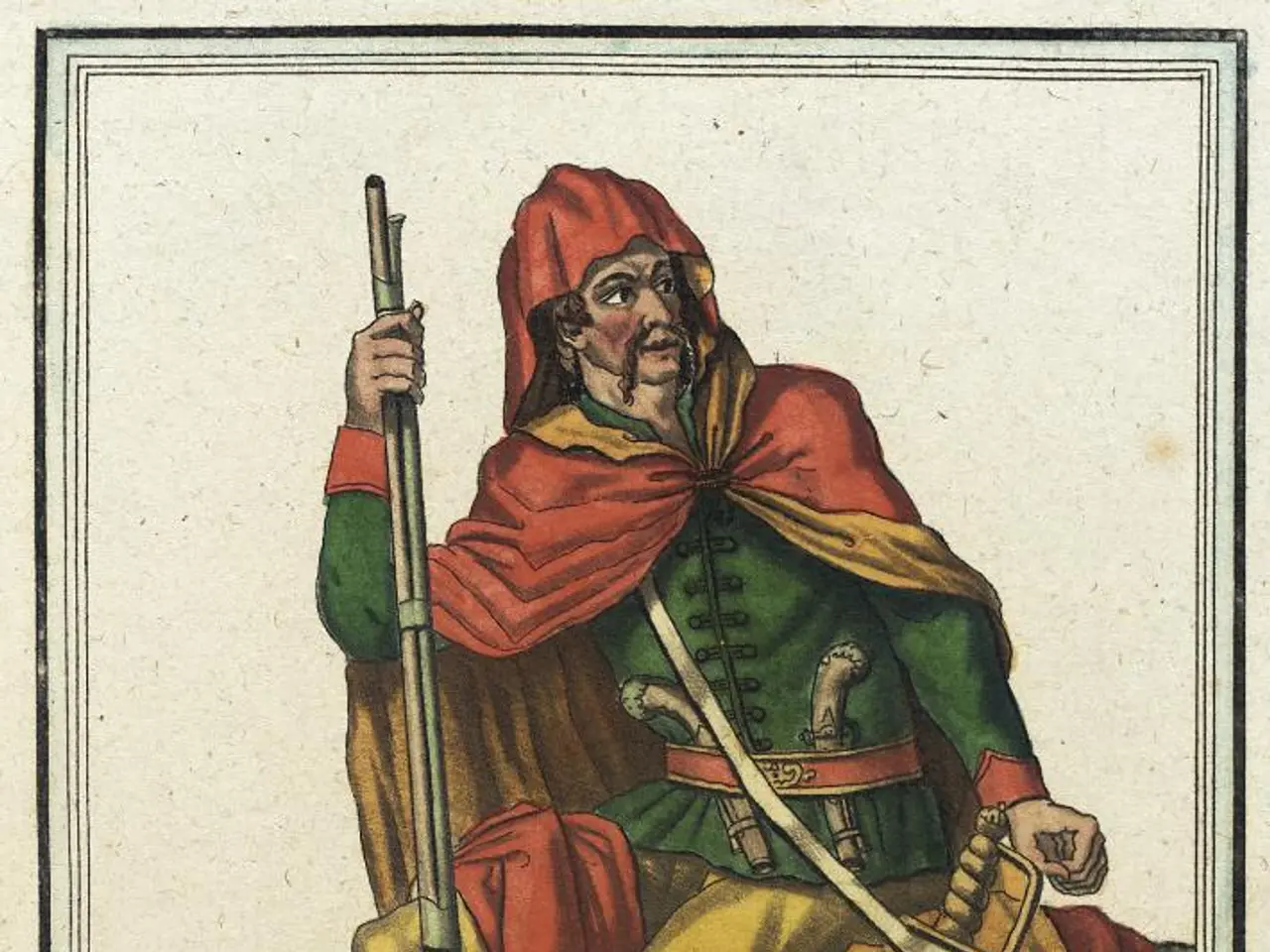Life in the Shattered Marjinka: Only Galina Remains
Remains of Marjinka's Combustion, Galina Is the Last Survivor
Once buzzing with approximately 10,000 residents, the town of Marjinka in Ukraine now resembles a ghost town. Remnants of buildings, shattered infrastructure, and a broken spirit now fill the streets. And yet, amidst this desolation, one woman, 64-year-old Galina Nevinnaya, clings to life, the only soul left to call Marjinka home.
The Plight of Marjinka
Like many other towns in Ukraine's conflict-ridden Donetsk region, Marjinka has experienced years of conflict, with both Ukrainian forces and Russian-backed separatists battling for control. The town has seen its fair share of intense shelling, airstrikes, and urban combat, reducing it to a war-torn shell.
A Town in Ruins
The destruction of buildings, infrastructure, and civilian life has been severe. Faced with extreme danger, the bulk of Marjinka's population was forced to flee to safer areas to escape the violence. Evacuations became commonplace as the town became too dangerous for civilians to stay.
The Toll of War
The fighting and bombardment took a heavy toll on the town's people. Civilians, often caught in the crossfire, were subjected to indiscriminate attacks, leading to numerous casualties. Humanitarian organizations and local reports confirm the significant civilian death toll in contested towns like Marjinka.
Galina's Survival
Galina Nevinnaya's survival seems to result from a unique combination of resilience, circumstances, and perhaps personal choice or necessity. Some speculate that she remained due to her attachment to her home or her determination to maintain a presence there despite the dangers. Whatever the reason, her story powerfully illustrates human endurance amidst war.
Isolation and Help
In besieged or heavily damaged towns, aid, communication, and medical assistance are often cut off. This isolation can make survival particularly challenging, reducing the number of people able to remain.
In a broader context, Galina's story highlights the ongoing humanitarian crisis in eastern Ukraine, desperately calling for international attention and aid to prevent further suffering.
Philadelphia, Orlando, and Beyond: Veterans Adapting to Civilian Life
Adjusting to civilian life can be challenging for veterans who return from service after years in the military. For some, the process of reintegrating into society can be as difficult as the experiences they faced on the battlefield. This section explores the struggles faced by veterans returning home and the resources available to help them adapt.
Struggles Upon Returning Home
Veterans often face a range of challenges upon returning to civilian life, such as physical injuries, emotional trauma, joblessness, housing instability, and isolation from their former military community. These issues can lead to depression, substance abuse, and even homelessness.
Resources for Veteran Support
Several resources are available to help veterans address these challenges and transition smoothly into civilian life. These include:
1. Department of Veterans Affairs (VA)
The VA offers a wide range of benefits and services for veterans, including healthcare, education, employment assistance, and housing support. It also offers mental health services to help veterans cope with the emotional toll of their military experiences.
2. Veterans Service Organizations (VSOs)
VSOs provide support for veterans on a grassroots level, offering resources, camaraderie, and advocacy for veterans' issues. Examples include the American Legion, Veterans of Foreign Wars (VFW), and Disabled American Veterans (DAV).
3. Non-profit Organizations
Various non-profit organizations provide resources for veterans, such as housing, legal aid, job training, and educational scholarships. Some examples include Homes for Our Troops, Operation Homefront, and Pat Tillman Foundation.
4. Local Community Resources
Local communities also offer resources for veterans, such as job fairs, support groups, and recreational activities. It's essential for veterans to connect with their local communities to access these resources and build a support network.
Inspiring Stories of Veteran Success
Despite the challenges faced by veterans during their transition to civilian life, many ultimately find success and shake off the effects of their experiences. Here are a few inspiring stories of veterans who have not only survived but thrived after returning home.
1. Adam Driver
Adam Driver exchanged his military uniform for a bold acting career, earning recognition for his roles in "Girls" and "Star Wars." Through his platform, he advocates for mental health awareness and provides support to veterans returning home from combat.
2. Melinda Gates
Melinda Gates is a philanthropist, businesswoman, and author who co-founded the Bill and Melinda Gates Foundation. After serving as a military officer in communication roles, she went on to succeed in the tech industry and became deeply involved in philanthropy and global development initiatives.
3. Chris Kyle
Chris Kyle, a Navy SEAL sniper known as the “Legend,” authored the bestselling memoir "American Sniper." Despite his success, Kyle struggled with PTSD, which eventually led to his tragic death in 2013. His story, however, has inspired others to seek help and overcome their demons.
Through resources, community support, and stories of triumph, veterans are not defined by their experiences in the military. Instead, they find their place in society and overcome the challenges that come with transitioning to civilian life.
In the context of the destruction and isolation in war-torn towns like Marjinka, where employment and community policies are disrupted, one can only imagine the challenges faced by residents like Galina Nevinnaya in her bid to survive. Meanwhile, in the United States, veterans facing adjustment issues upon returning from service also require employment, mental health, and community policies to help them navigate their transition into civilian life. As with Galina, resources such as the Department of Veterans Affairs, Veterans Service Organizations, non-profit organizations, and local community resources can play a vital role in supporting these veterans in their endeavors.






